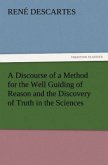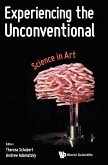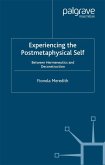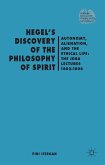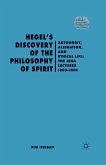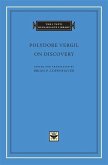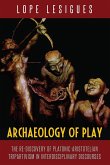There has been much controversy concerning Nietzsche's
conception of truth. This book argues against both
relativist and
traditional interpretations of Nietzsche that he has
a radical and
absolute notion of truth, and that he rejects
metaphysical truth not
because it is absolute but because it is a
pseudo-absolute that has
been distorted by moral prejudices. It reconciles his
claim to truth
with his perspectivism and falsification thesis, both
of which have
been elsewhere interpreted as denials of truth, and,
through a close
reading of two passages from Beyond Good & Evil,
reflects on
Nietzsche's question of the value of truth, his
attack on metaphysics
and morality, his complex relationship to the Western
cultural and
philosophical tradition, his infamous proclamation
that God is dead,
and the tremendous task and responsibility of
philosophy as he sees
it. This book will be useful both for scholars and
for those who want
an introduction to Nietzsche's thought.
conception of truth. This book argues against both
relativist and
traditional interpretations of Nietzsche that he has
a radical and
absolute notion of truth, and that he rejects
metaphysical truth not
because it is absolute but because it is a
pseudo-absolute that has
been distorted by moral prejudices. It reconciles his
claim to truth
with his perspectivism and falsification thesis, both
of which have
been elsewhere interpreted as denials of truth, and,
through a close
reading of two passages from Beyond Good & Evil,
reflects on
Nietzsche's question of the value of truth, his
attack on metaphysics
and morality, his complex relationship to the Western
cultural and
philosophical tradition, his infamous proclamation
that God is dead,
and the tremendous task and responsibility of
philosophy as he sees
it. This book will be useful both for scholars and
for those who want
an introduction to Nietzsche's thought.


